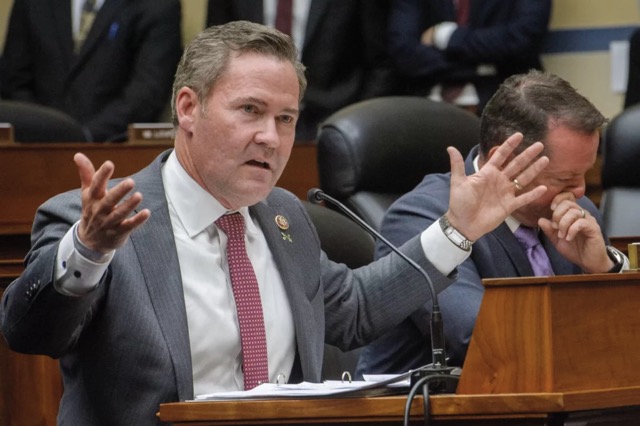The Florida government announced its timeline to replace Rep. Mike Waltz on Monday, scheduling the general election for April 1. This coincides with the state’s election to replace former Rep. Matt Gaetz, who resigned earlier this month after pursuing an unsuccessful bid to become Trump’s next attorney general.
With these special elections on the calendar, House Republicans face at least two vacant seats for the first three months of the next Congress. This could complicate the party’s ability to act on Trump’s ambitious agenda for his first 100 days in office, which includes significant changes to immigration and economic policies.
Waltz’s resignation, set for the same day as Trump’s inauguration, ensures he will remain in office during the Jan. 3 speakership elections, where Speaker Mike Johnson (R-LA) will seek his first full term as House leader.
Republicans will also need to address the upcoming vacancy of Rep. Elise Stefanik (R-NY), Trump’s nominee for ambassador to the United Nations. Stefanik has not yet announced her resignation date. Under New York state law, Gov. Kathy Hochul (D-NY) is required to schedule a special election within 70 to 90 days of the vacancy being declared.
This process means Stefanik’s seat could remain vacant for at least two months, leaving Republicans with three open seats for much of Trump’s critical first 100 days in office.
 Telegram is where we really talk. Don't miss out!
Telegram is where we really talk. Don't miss out!






